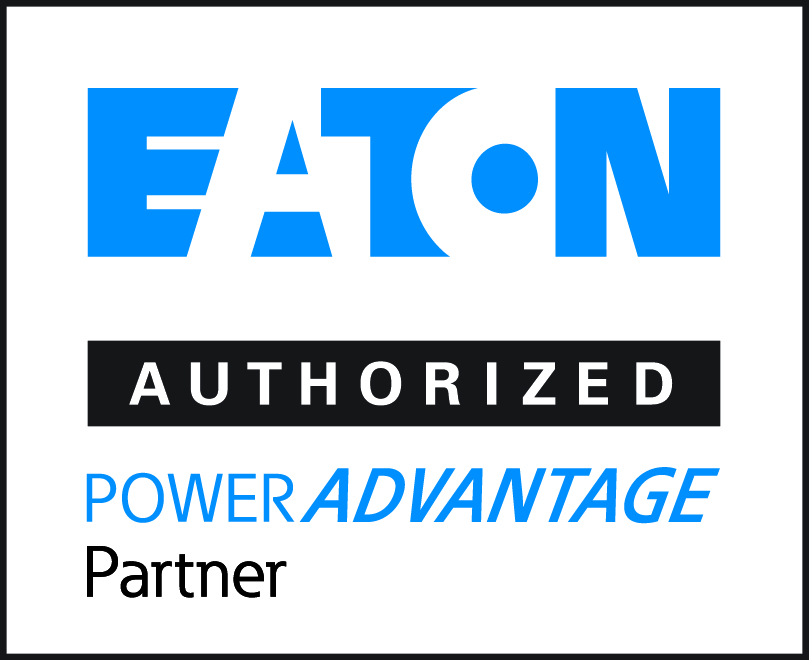 In an age where technology underpins every aspect of our lives, even the most vital sectors like healthcare are not immune to the lurking dangers of cyberattacks and ransomware. A recent incident involving Singing River Health System in Mississippi highlights the urgent need for robust cybersecurity measures within the medical industry, be it hospitals or physician owned practices. This blog post explores the specifics of the situation and delves into proactive steps that can safeguard medical institutions against these evolving threats.
In an age where technology underpins every aspect of our lives, even the most vital sectors like healthcare are not immune to the lurking dangers of cyberattacks and ransomware. A recent incident involving Singing River Health System in Mississippi highlights the urgent need for robust cybersecurity measures within the medical industry, be it hospitals or physician owned practices. This blog post explores the specifics of the situation and delves into proactive steps that can safeguard medical institutions against these evolving threats.
The Mississippi Hospital System's Ordeal: The Singing River Health System, a prominent hospital group, faced a critical turning point when it became the target of a cyberattack. The attack prompted the organization to shut down certain internal services to mitigate potential damage and investigate the intrusion. While the hospital system remains operational, its struggles underscore the vulnerabilities that healthcare facilities must address promptly.
The Menace of Ransomware: Although not explicitly confirmed in this case, ransomware is a growing menace that plagues healthcare institutions worldwide. These attacks involve cybercriminals gaining unauthorized access to critical systems and encrypting essential data. They then demand a ransom in exchange for the decryption key, often leading to significant financial losses and operational disruptions. The Singing River incident serves as a stark reminder of the havoc ransomware can wreak on patient care and data security.
Addressing the Challenge: Preventing cyberattacks and ransomware requires a multi-faceted approach that combines technology, policies, and proactive measures. Here are key strategies that medical practices can implement to strengthen their cybersecurity posture:
- Robust Network Security: Implement advanced firewalls, intrusion detection systems, and encryption protocols to safeguard network integrity. Regularly update and patch software to fend off known vulnerabilities. And be sure the updates and patches are happening!
- Employee Training: Educate staff about cybersecurity best practices to minimize the risk of inadvertently falling victim to phishing attacks or other social engineering tactics. Bottom line, you don’t know what you don’t know.
- Data Backup and Recovery: Maintain frequent backups of critical patient data and ensure that backup systems are isolated from the main network. This enables swift recovery in the event of a ransomware attack.
- Access Controls (Zero Trust): Employ strict access controls, limiting who can access sensitive patient data and systems. Multi-factor authentication is vital to adding an extra layer of security.
- Incident Response Plan: Develop a comprehensive incident response plan that outlines steps to take when a cyberattack occurs. Regularly test and update the plan to ensure its effectiveness.
- Collaboration with Authorities: Foster strong ties with law enforcement agencies and cybersecurity experts, such as Ener Systems, who can provide guidance during and after an attack. The right IT support, IT service and cybersecurity tools can prevent this from happening.
- Continuous Monitoring: Employ real-time monitoring tools to detect and respond to suspicious activities promptly.
Government Initiatives and Industry Collaboration: Recognizing the gravity of the situation, government bodies like the Cybersecurity and Infrastructure Security Agency (CISA) have stepped up efforts to support healthcare institutions. They provide timely threat intelligence to help hospitals anticipate and mitigate attacks. Furthermore, the launch of projects like the "DIGIHEALS" initiative demonstrates a commitment to bridging technical gaps in cybersecurity tools tailored to healthcare.
The healthcare sector's battle against cyber threats is ongoing and ever evolving. The Singing River Health System's incident serves as a poignant example of the urgent need for healthcare institutions, and private medical practices, to bolster their cybersecurity defenses. By adopting a holistic approach that combines technology, training, and collaboration, medical practices can fortify their digital fortress and protect the integrity of patient care and sensitive data. In a world where patient safety is paramount, defending against cyberattacks becomes not just a duty, but a moral imperative.
If you have ANY concerns about your own medical practice or simply want to have a second set of eyes examine your network for vulnerabilities, we offer a FREE Cyber Security Risk Assessment.
Click here to schedule a quick call to discuss your current situation, security, and compliancy concerns, so we can schedule an assessment.








